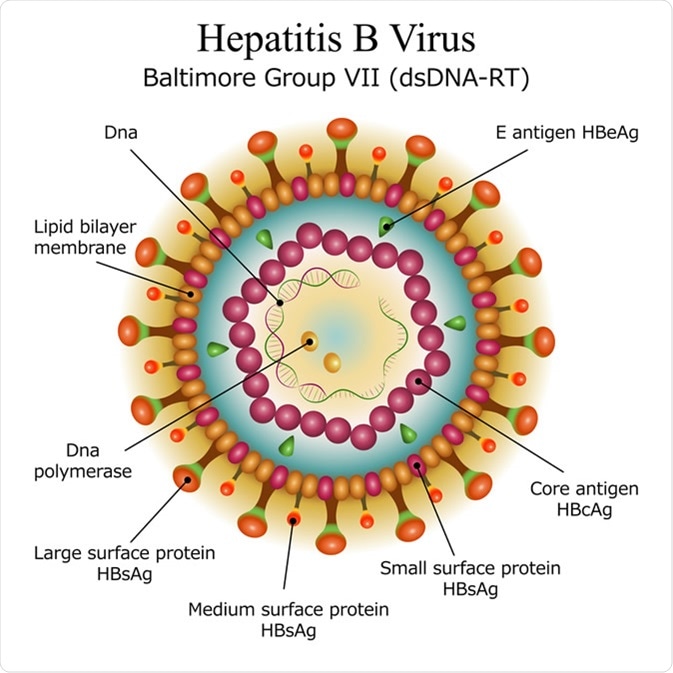Hepatitis B: Causes, Symptoms, Transmission, and Prevention
Hepatitis B is a viral infection that causes inflammation of the liver. It is caused by the hepatitis B virus (HBV) and can occur as either an acute or chronic infection.
Acute hepatitis B often causes noticeable symptoms in adults and usually develops shortly after exposure. In contrast, children who acquire hepatitis B are far more likely to develop chronic infection, which progresses slowly and may not cause obvious symptoms until serious liver damage occurs.
In Canada, hepatitis B remains an important public health concern, particularly in healthcare settings, workplaces with potential blood exposure, and among unvaccinated individuals.
Is Hepatitis B Contagious?
Yes. Hepatitis B is highly contagious and spreads through direct contact with infected blood, saliva, or other bodily fluids. An individual can transmit the virus even if no symptoms are present.
Common Modes of Transmission
-
Needle stick injuries involving contaminated needles
-
Mother-to-infant transmission during childbirth
-
Sharing personal items such as razors or toothbrushes
-
Vaginal, oral, or anal sexual contact
-
Close household contact with an infected individual
Hepatitis B is not spread through casual contact such as hugging, coughing, or sharing food.
Signs and Symptoms of Hepatitis B
Symptoms may take weeks, months, or even years to appear. Some individuals remain asymptomatic while still being contagious.
Common Symptoms Include:
-
Fever
-
Dark-coloured urine
-
Joint pain
-
Loss of appetite
-
Fatigue or weakness
-
Abdominal discomfort (especially upper right abdomen)
-
Yellowing of the skin and eyes (jaundice)
⚠️ Any suspected exposure or symptoms of hepatitis B require immediate medical evaluation, both for treatment and to reduce transmission.
Management and Medical Treatment
What Is Hepatitis B Immune Globulin (HBIG)?
If an individual is exposed to hepatitis B within the past 24 hours, a healthcare provider may administer hepatitis B immune globulin (HBIG). This injection contains antibodies that can help prevent infection if given promptly.
Treatment Options
Acute Hepatitis B
-
Often does not require specific medical treatment
-
Most adults recover fully on their own
-
Rest, hydration, and avoiding alcohol help support recovery
Chronic Hepatitis B
-
Managed with antiviral medications
-
Aimed at slowing viral replication and preventing liver damage
-
Regular medical monitoring is essential
In severe cases where liver failure develops, liver transplantation may be required. Most donor livers come from deceased donors.
Why Hepatitis B Matters in First Aid & Workplace Safety (Canada)
Hepatitis B is a key consideration in:
-
Needle-stick injury protocols
-
Healthcare, childcare, construction, and emergency response workplaces
Canadian first aid and CPR training emphasizes:
-
Use of personal protective equipment (PPE)
-
Safe handling of sharps
-
Immediate reporting and medical follow-up after exposure
Vaccination remains the most effective prevention method and is widely recommended in Canada.
Important Disclaimer
Educational Use Only
This article is intended for general health education and first aid awareness in Canada. It does not replace professional medical advice, diagnosis, or treatment. Anyone exposed to hepatitis B or experiencing symptoms should seek immediate care from a qualified healthcare provider.

